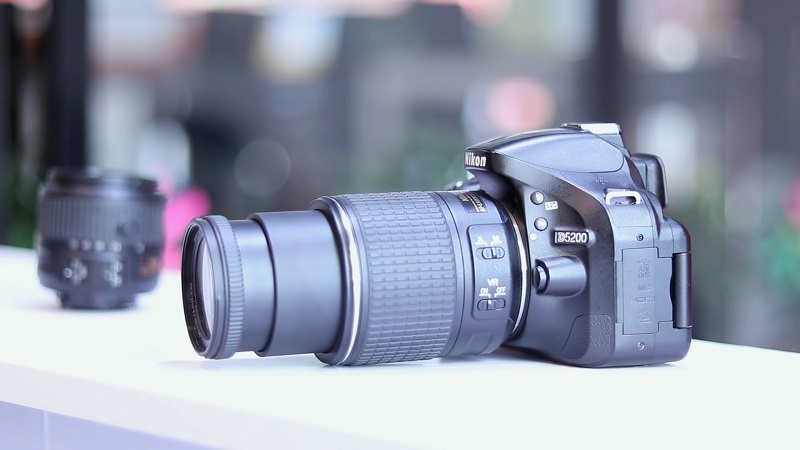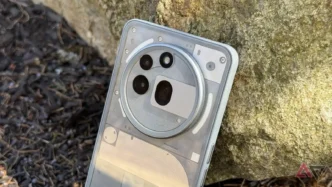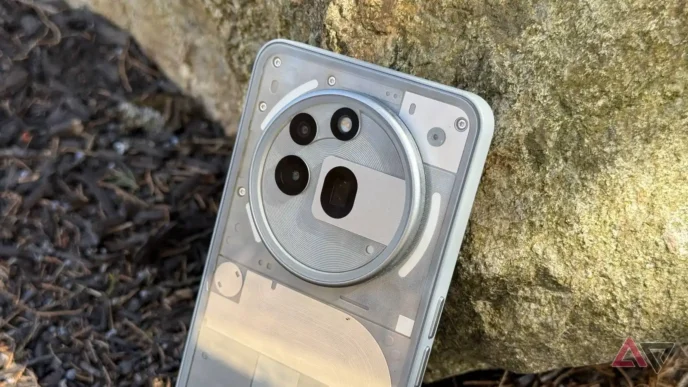If you are one of the people considering buying a DSLR camera in Tanzania, then through this article, I will help you buy that camera by showing you important things you need to know before buying your first DSLR camera.
These methods have personally helped me, and today I want to share them with you, hoping that they can help you buy the best camera in Tanzania.
Through this article, I will show you important things that will help you buy the best camera that suits your daily use, whether it’s for work or personal use. So, without further ado, let’s get straight into this article.
TABLE OF CONTENTS
- 1 Camera Usage
- 2 Sensor Size
- 3 Camera Design
- 4 Lenses
- 5 Megapixels
- 6 Durability
- 7 In Summary
- 7.1 What are the important things to consider before purchasing a DSLR camera?
- 7.2 Which sensor size is recommended for capturing high-quality photos and videos?
- 7.3 Which camera brands offer a wide range of lenses for future expansion?
- 7.4 Is the number of megapixels the most crucial factor for determining photo and video quality?
- 7.5 How important is a camera’s durability and compatibility with modern technology?
- 8 Conclusion
Camera Usage
The first essential thing you need to know before buying a camera is to determine your usage. This is crucial because it will greatly help you choose the best camera. There are cameras that are best for taking still photos, some are best for capturing videos, and others are suitable for both still photos and videos. Therefore, it’s important to know your usage before deciding to buy a DSLR camera.
For Still Photo Usage
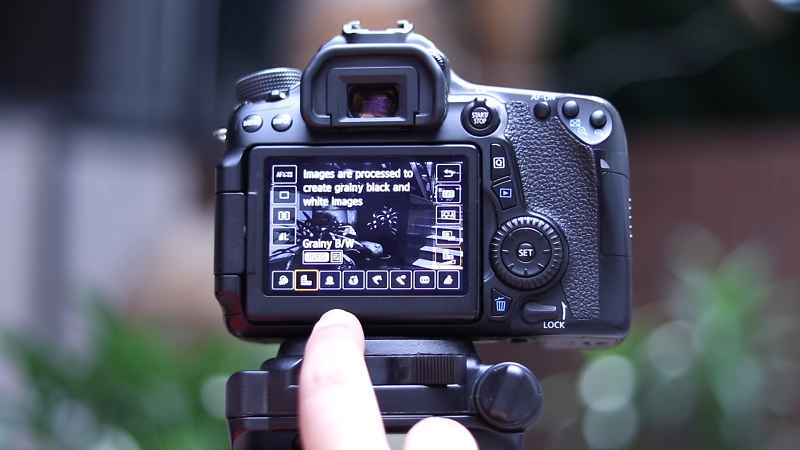
If you want to buy the best camera for still photos, it’s important to look at the available modes on the camera. You can check modes such as HDR modes, portrait modes, night mode, and others. Also, make sure the camera has a built-in flash and other features.
For Video Usage
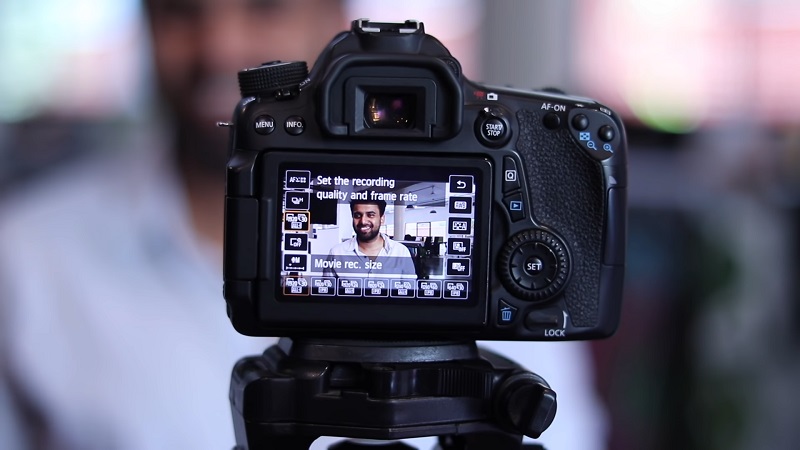
If you want to buy a camera for video purposes, it’s advisable to consider things like the camera’s resolution and frame rate. For video usage, it’s preferable to buy a camera with a frame rate of up to 60fps. The higher the frame rate, the better the quality of the video.
Sensor Size
The sensor size is one of the crucial things to look at before buying a camera. It’s quite simple because the larger the sensor, the better your camera’s capability to capture high-quality photos and videos.
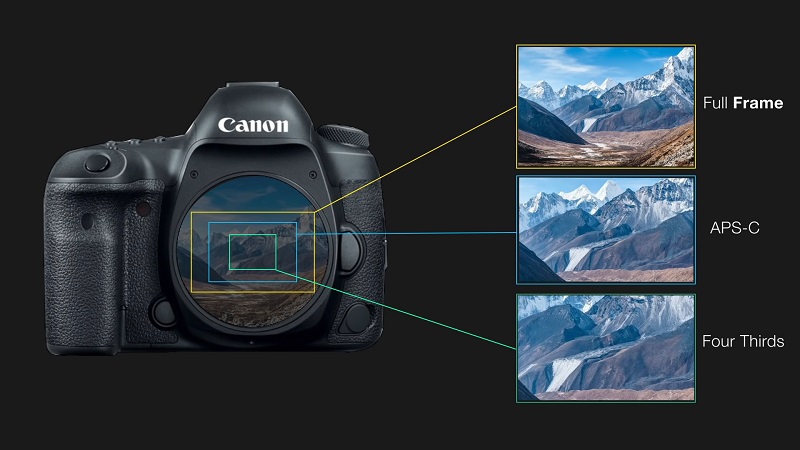
According to the research I have conducted, there are various types of sensors in cameras, but there are three popular sensor types available in many current cameras. These types are Full Frame, APS-C (Advanced Photo System type-C), and Four Thirds.
Full Frame Sensor
The Full Frame sensor is superior and capable of capturing clear and sharp videos and photos. As the name suggests, what you see through your camera is what you get in your videos or photos since there is no cropping or crop factor involved. Full Frame sensors are especially recommended for those who want to buy a camera for still photography.
APS-C (Advanced Photo System type-C)
The APS-C sensor is commonly found in affordable cameras and comes with a crop factor of 1.6. It is suitable for both still photography and video usage.
Four Thirds
Four Thirds sensors are mostly found in cameras with high frame rates and come with a crop factor of 2.0. These sensors are ideal for capturing more video content, especially in cameras with higher resolutions.
In summary, if you want the best camera for still photos, choose a camera with a Full Frame sensor. If you want the best camera for video, choose Four Thirds, and if you want a camera that is good for both video and still photos, choose APS-C sensor.
Camera Design
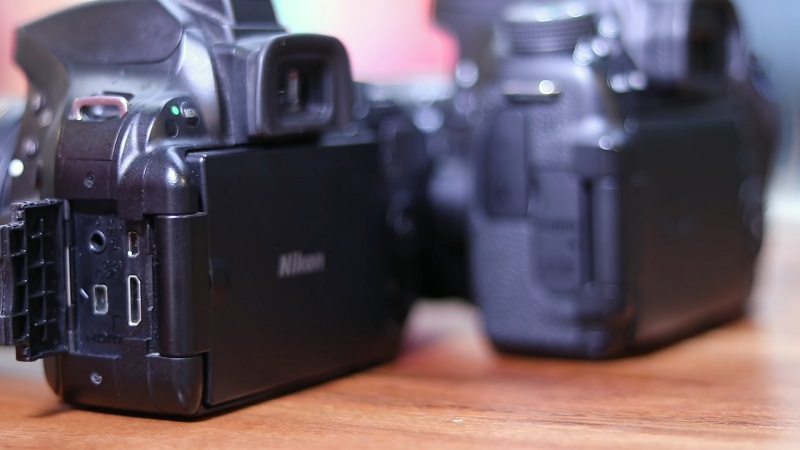
Although most DSLR cameras have similar designs, it is essential to consider the camera’s design before buying it. This includes checking the available connectors on the camera. When I mention connectors, I mean features like HDMI and the overall number of connectors available on the specific camera.
I would also advise you to buy a camera that comes with an LCD touch screen, as this will greatly assist you, especially when you want to perform tasks quickly. Additionally, a camera with a flip-out and rotating LCD screen is better, especially if you plan to record or take self-portraits.
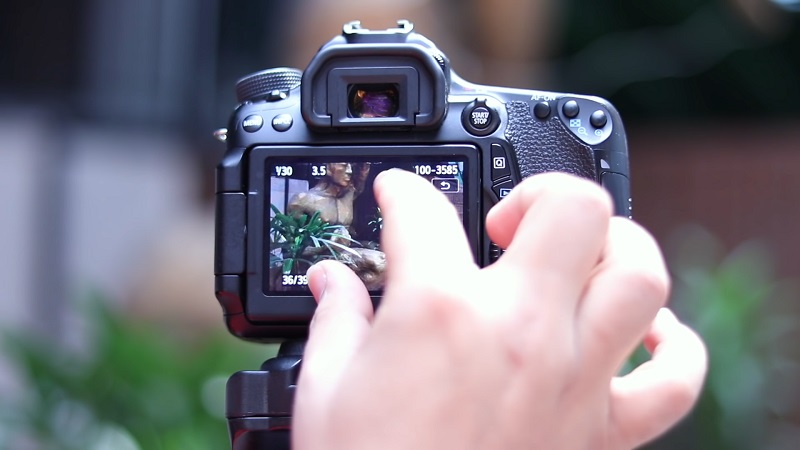
Lenses
Lenses are crucial when it comes to buying a camera, so it’s important to pay attention to the brand you intend to purchase as it will greatly assist you in obtaining various lenses in the future when needed.
For example, brands like Nikon, Canon, and Sony are popular and easily accessible when it comes to acquiring additional lenses. However, based on my research, Nikon lenses are generally more affordable compared to Canon and Sony lenses.
When purchasing a camera, you may find it comes with a lens ranging from 18mm to 55mm. If you’re on a budget and don’t want to invest in an expensive camera initially, you can opt for a more affordable one and later purchase a higher-quality and more capable lens.
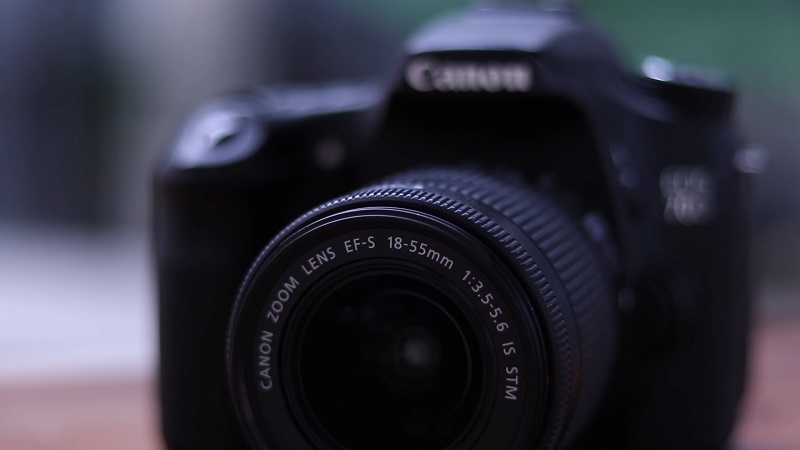
Megapixels
Checking the number of megapixels in a camera before buying is important but not as crucial as you may think. A higher number of megapixels doesn’t directly translate to better photo or video quality.
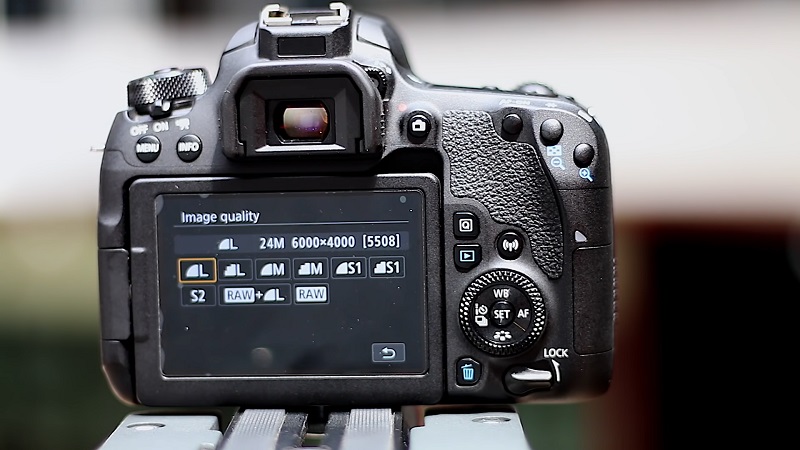
In summary, most cameras currently available on the market come with sufficient megapixels for your professional or personal needs. Therefore, don’t solely rely on megapixel count as the ultimate factor when purchasing a DSLR camera.
Durability
When it comes to purchasing a DSLR camera, it’s important to consider its durability. In this context, I mean buying cameras that are not too outdated and can be used for a long time. This becomes even more crucial if you desire a camera with modern technology.
If you’re considering buying a beginner-level camera with the intention of upgrading in the future, this aspect may not be as important to you.
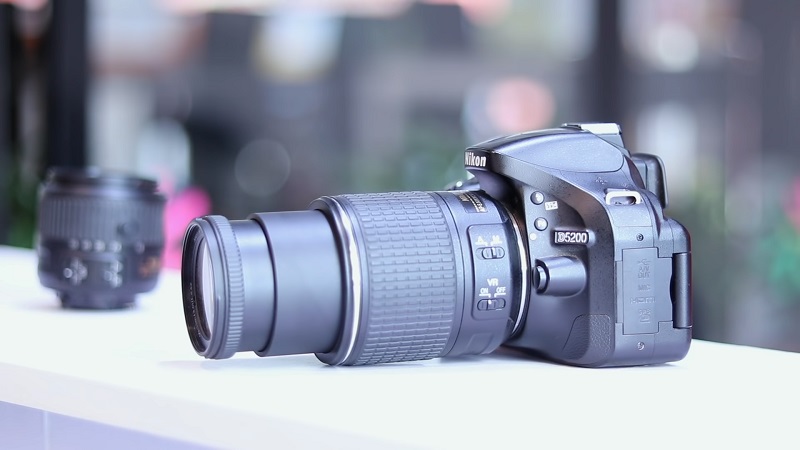
If you’re on a budget and want to invest in a good camera for still photography, it’s recommended to buy a Canon or Nikon camera with a Full Frame sensor. However, if you’re specifically looking for a camera for video purposes, it’s advisable to purchase one with 4K technology.
In Summary
What are the important things to consider before purchasing a DSLR camera?
Some important factors to consider are camera usage, sensor size, lens compatibility, megapixel count, and durability.
Which sensor size is recommended for capturing high-quality photos and videos?
If you prioritize still photos, a Full Frame sensor is ideal. For video purposes, the Four Thirds sensor is a good choice. If you need a balance between both, consider the APS-C sensor.
Which camera brands offer a wide range of lenses for future expansion?
Brands like Nikon, Canon, and Sony are well-known for their extensive lens options, with Nikon lenses often being more affordable.
Is the number of megapixels the most crucial factor for determining photo and video quality?
While megapixels play a role, other factors such as sensor quality and image processing also influence overall image and video quality
How important is a camera’s durability and compatibility with modern technology?
Durability is essential for long-term usage, especially if you desire a camera with up-to-date features. However, if you plan to upgrade in the future, this aspect may be less critical.
Conclusion
Those are the essential factors you need to consider before buying a DSLR camera. If you have any additional suggestions, feel free to share them in the comment section below. You can also learn more about Crop Factor here, and if you want to expand your knowledge further, make sure to subscribe to our Tanzania Tech channel.

